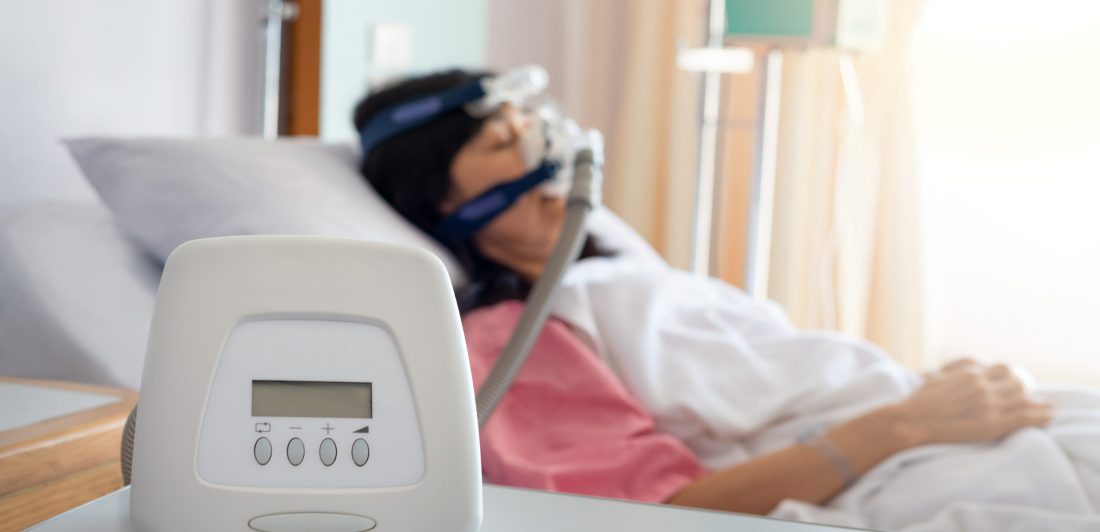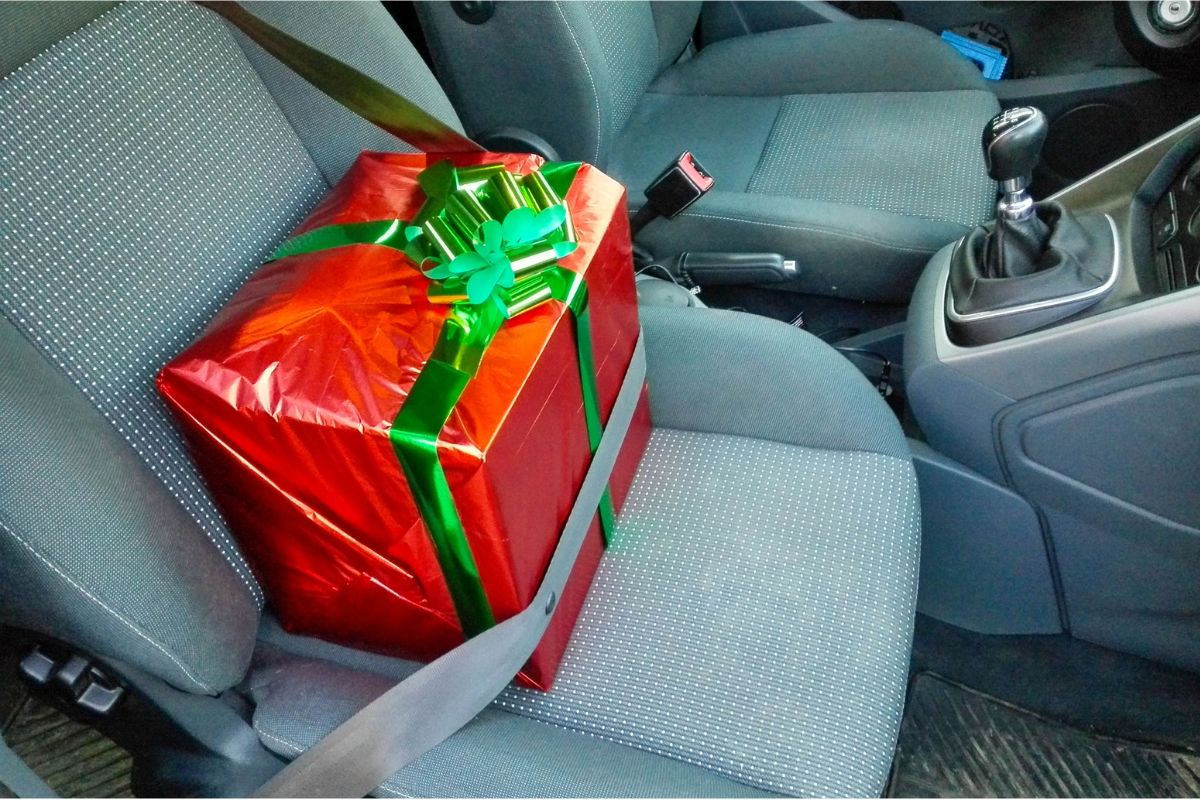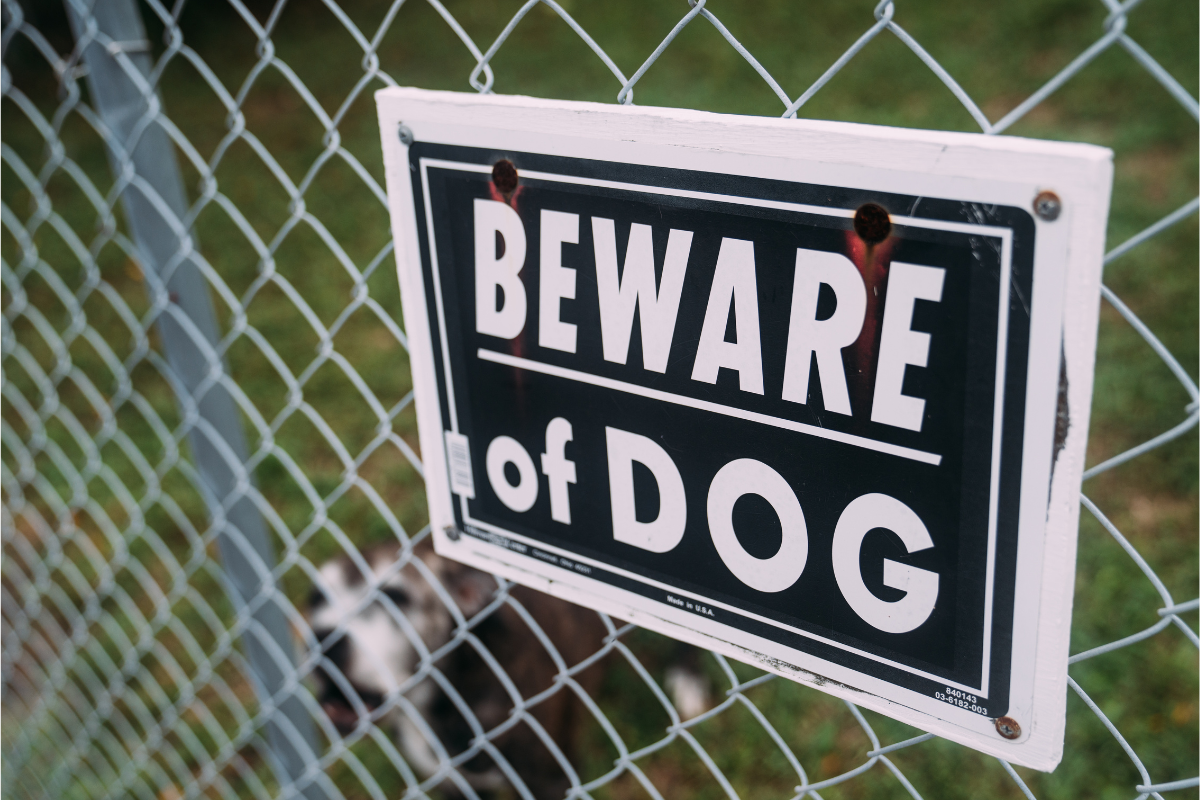The Carlson Law Firm is no longer accepting CPAP or BiPAP clients. This information is for archival purposes only.
For further assistance, please visit your State Bar.
Almost one year after Philips’ voluntary ventilator, CPAP, and BiPAP machine recall, the FDA has released updated numbers of medical device reports (MDRs), which totaled over 21,000 and included 124 cases of death. The reports were filed by Philips as well as health professionals, consumers, and patients. Many types of injuries were reported, including but not limited to coughing, chest pain, asthma, respiratory problems, pneumonia, and cancer. Though the FDA takes the reports seriously, it notes that “the incidence, prevalence, or cause of an event cannot typically be determined from this reporting system alone…”
What is the FDA Doing About the Philips Recall?
The FDA classified the Philips recall as a Class I recall in January 2022. Since a Class I recall is the most serious type of recall, the FDA stated it would continue to monitor Philips’ actions closely to make sure appropriate action was taken.
In March 2022, the FDA issued a notification order requiring Philips to alert all users, healthcare providers, distributors and retailers of the recall. The FDA had previously determined that Philips’ notification efforts were inadequate and that the order was necessary for public safety.
What is Philips Doing About the Recall?
Although Philips has a program in place for replacing and repairing the recalled devices, the company is currently falling behind the timeline preferred by the FDA. So far, Philips has either replaced or sent repair kits for 1.1 million out of 5.2 million devices, stating that it expects to finish most of the program by the end of the year. The repair-and-replace program features a prioritization strategy, which allows the most vulnerable and dependent consumers to receive replacements or repair kits first.
Earlier in May 2022, the FDA considered issuing an order to force Philips to replace, repair, or refund the affected machines. Philips declined an informal hearing, choosing to provide a written response which will be considered in the FDA’s final decision on issuing the order.




